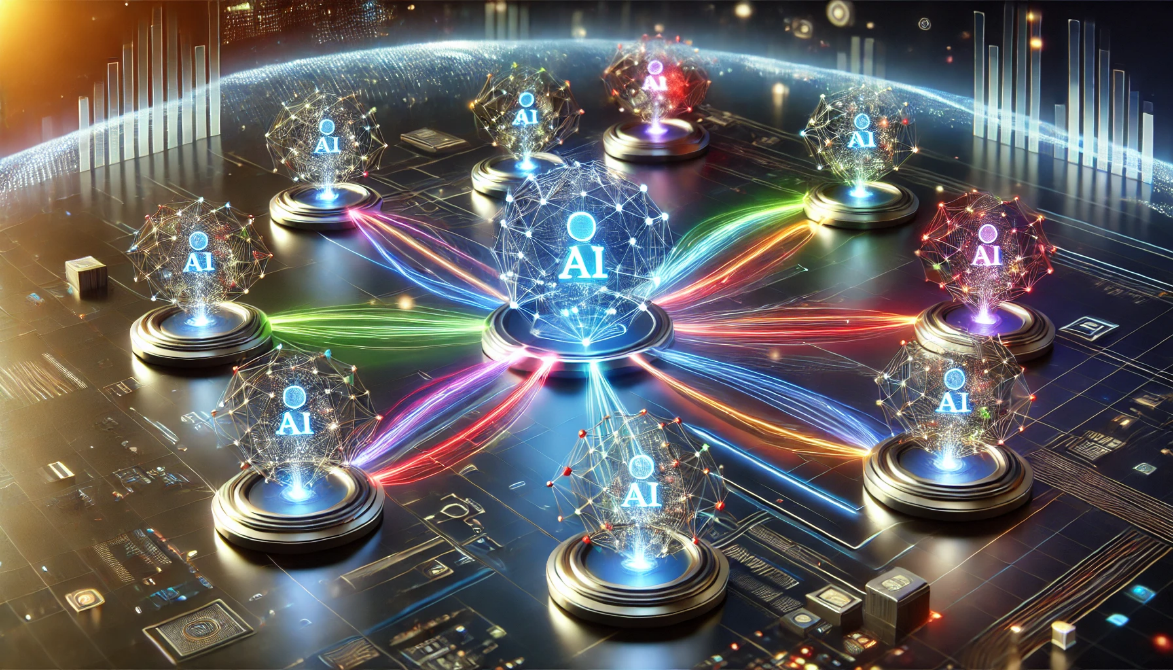 Can blockchain improve the transparency and trustworthiness of AI algorithms?
Can blockchain improve the transparency and trustworthiness of AI algorithms?
Yes, blockchain can significantly improve the transparency and trustworthiness of AI algorithms, addressing some of the key challenges related to the black-box nature of AI, accountability, and bias.
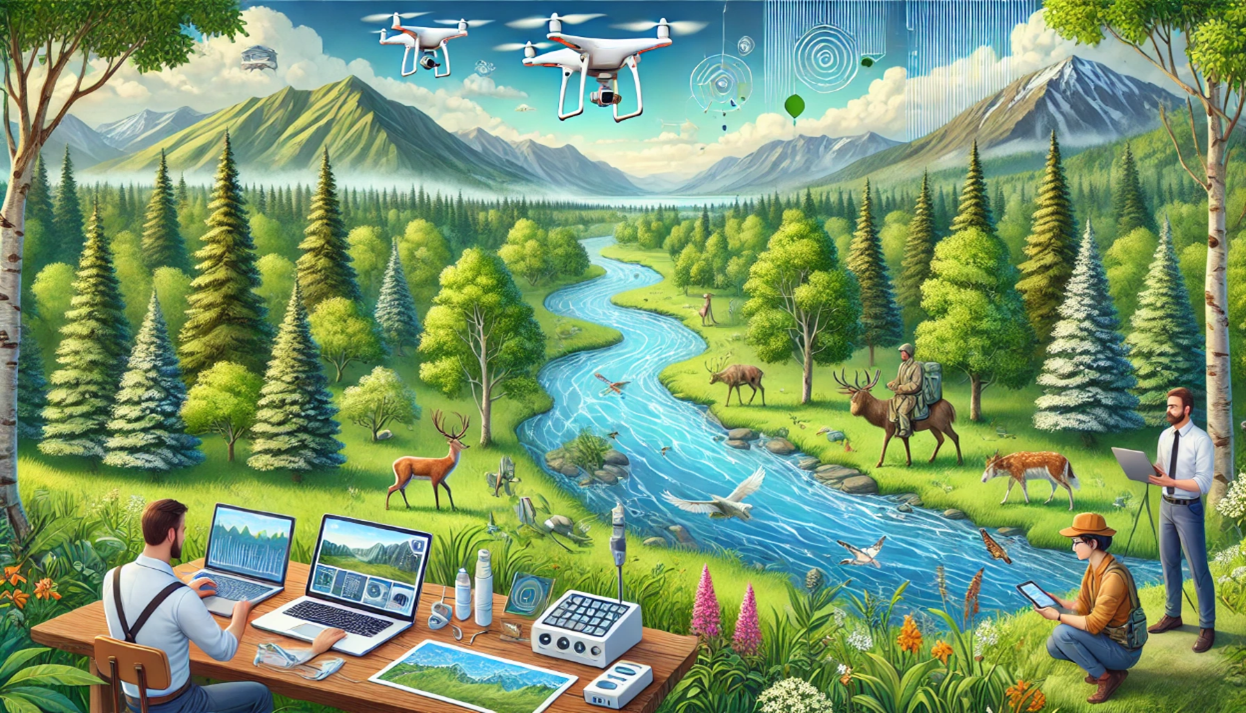 How can AI assist in tracking and monitoring wildlife populations?
How can AI assist in tracking and monitoring wildlife populations?
AI can play a crucial role in tracking and monitoring wildlife populations, helping conservationists, biologists, and researchers gather more accurate, timely, and actionable data.
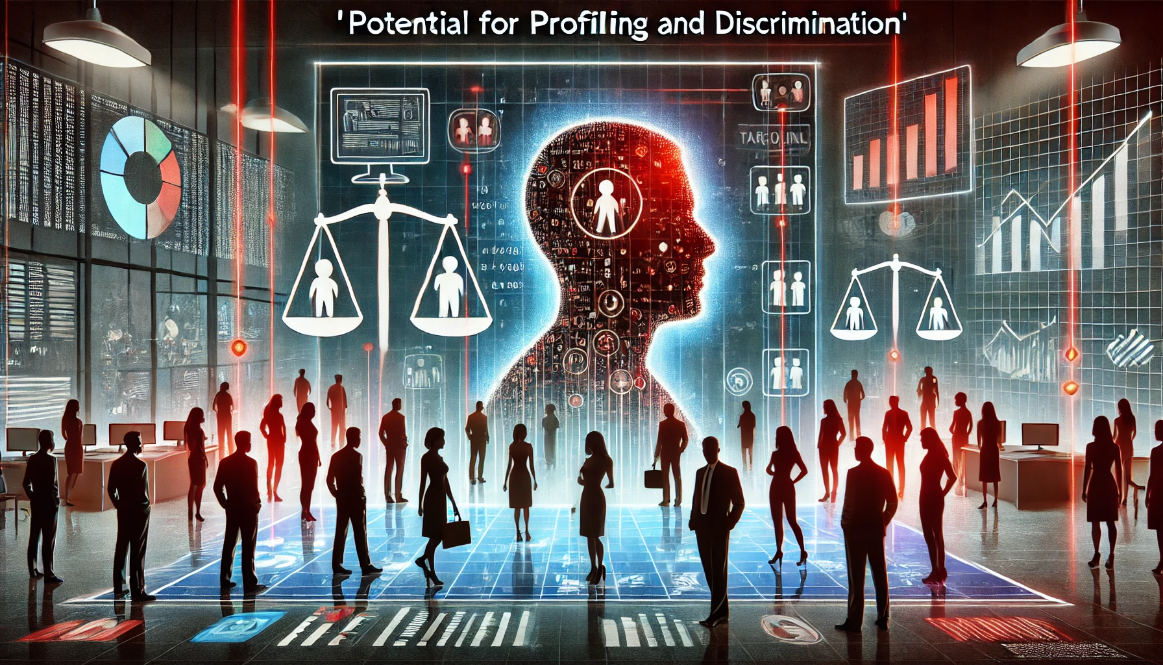 What challenges exist in ensuring the privacy of health data collected by wearables?
What challenges exist in ensuring the privacy of health data collected by wearables?
Ensuring the privacy of health data collected by wearables is a critical challenge as these devices increasingly track sensitive information such as heart rate, sleep patterns, physical activity, blood pressure, glucose levels, and even mental health data.
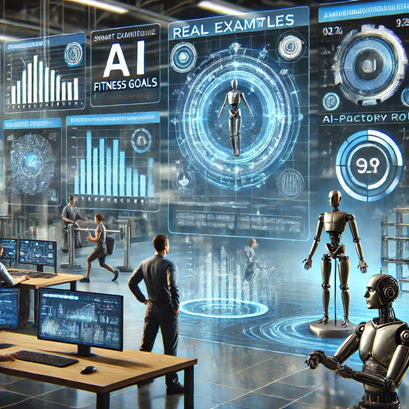 Can AI systems accurately monitor progress and adapt recommendations in real time?
Can AI systems accurately monitor progress and adapt recommendations in real time?
Yes, AI systems can accurately monitor progress and adapt recommendations in real time, leveraging a combination of data sources, machine learning algorithms, and adaptive feedback loops.
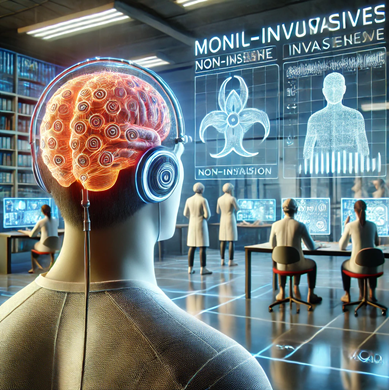 How can AI improve the accuracy and usability of brain-computer interfaces?
How can AI improve the accuracy and usability of brain-computer interfaces?
AI has the potential to significantly enhance the accuracy and usability of brain-computer interfaces (BCIs), which are technologies that allow direct communication between the brain and external devices.
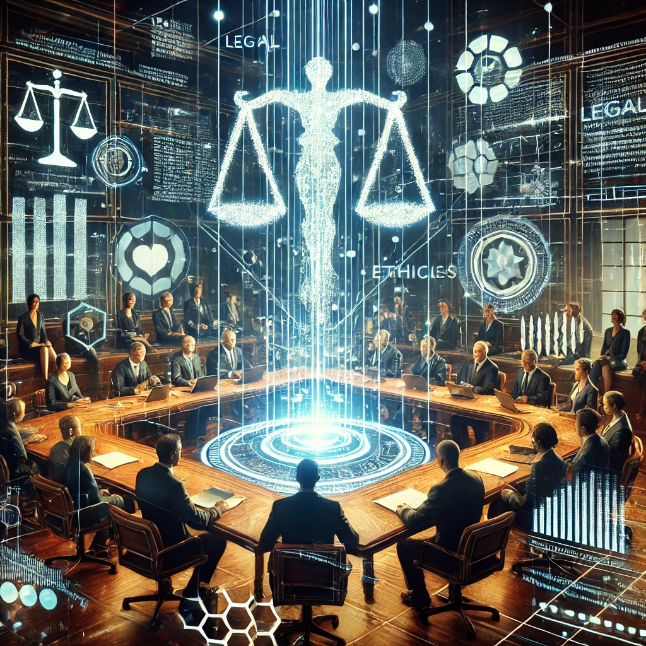 What are the ethical concerns around AI-powered legal services and advice?
What are the ethical concerns around AI-powered legal services and advice?
AI-powered legal services and advice present numerous benefits, including increased accessibility, efficiency, and consistency in the legal field. However, they also raise a variety of ethical concerns.
 What role can wearables play in integrating AI-driven personalized health insights?
What role can wearables play in integrating AI-driven personalized health insights?
Wearables play a crucial role in integrating AI-driven personalized health insights by providing continuous, real-time data that AI systems can analyze to deliver tailored health recommendations.
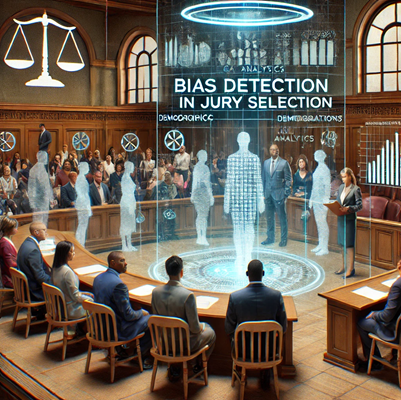 Can AI help reduce bias in judicial decision-making processes?
Can AI help reduce bias in judicial decision-making processes?
AI has the potential to help reduce bias in judicial decision-making processes by providing more objective, data-driven insights and promoting fairness.
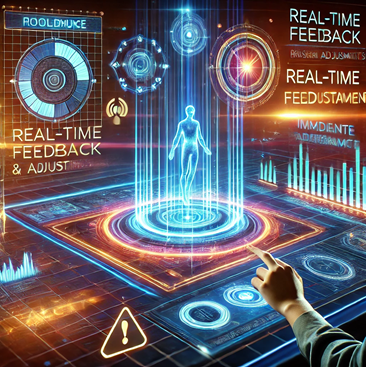 How can AI optimize nutrition and fitness plans based on genetic and lifestyle data?
How can AI optimize nutrition and fitness plans based on genetic and lifestyle data?
To optimize nutrition and fitness plans based on genetic and lifestyle data, AI utilizes advanced data processing techniques to personalize recommendations.
 How effective is AI in reviewing contracts, legal documents, and case predictions?
How effective is AI in reviewing contracts, legal documents, and case predictions?
AI has become increasingly effective in reviewing contracts, legal documents, and making case predictions, owing to advancements in machine learning, natural language processing (NLP), and other AI technologies.
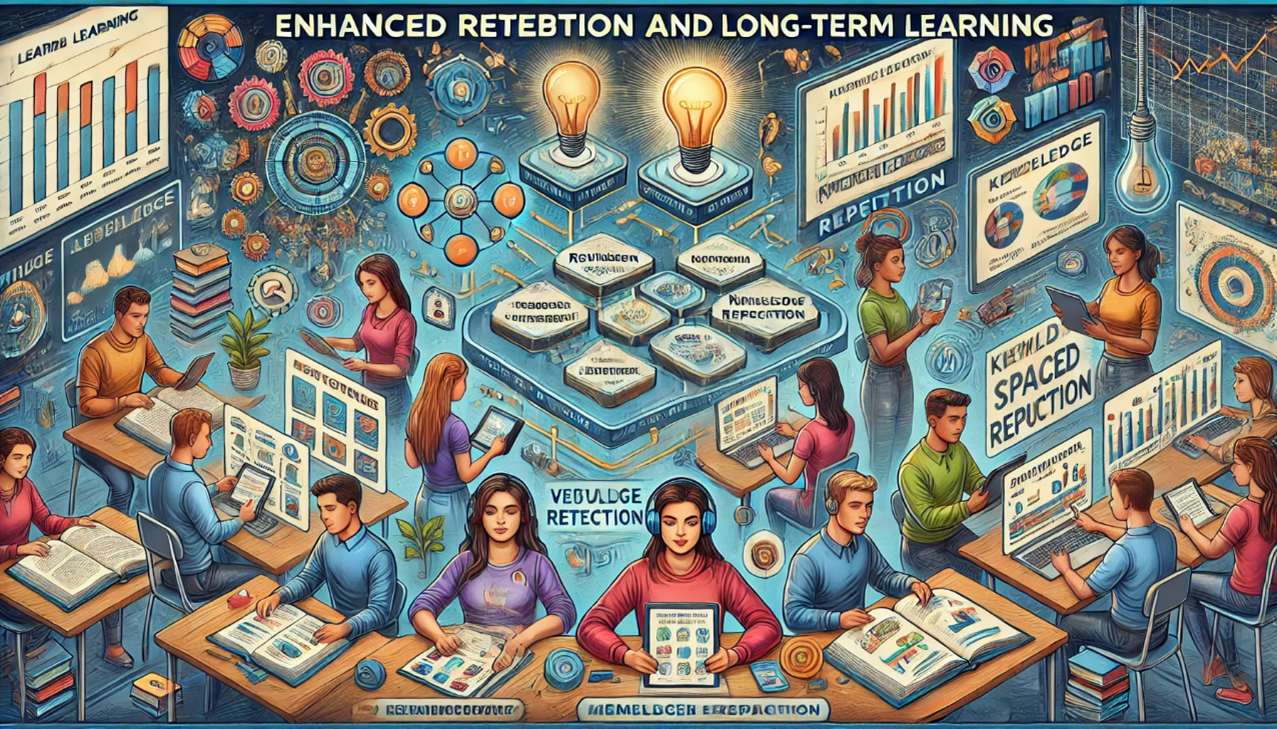 How game-based learning platforms engage students and enhance understanding
How game-based learning platforms engage students and enhance understanding
Game-based learning platforms are transforming the educational experience by engaging students in interactive, immersive, and enjoyable ways that enhance understanding and retention of knowledge.
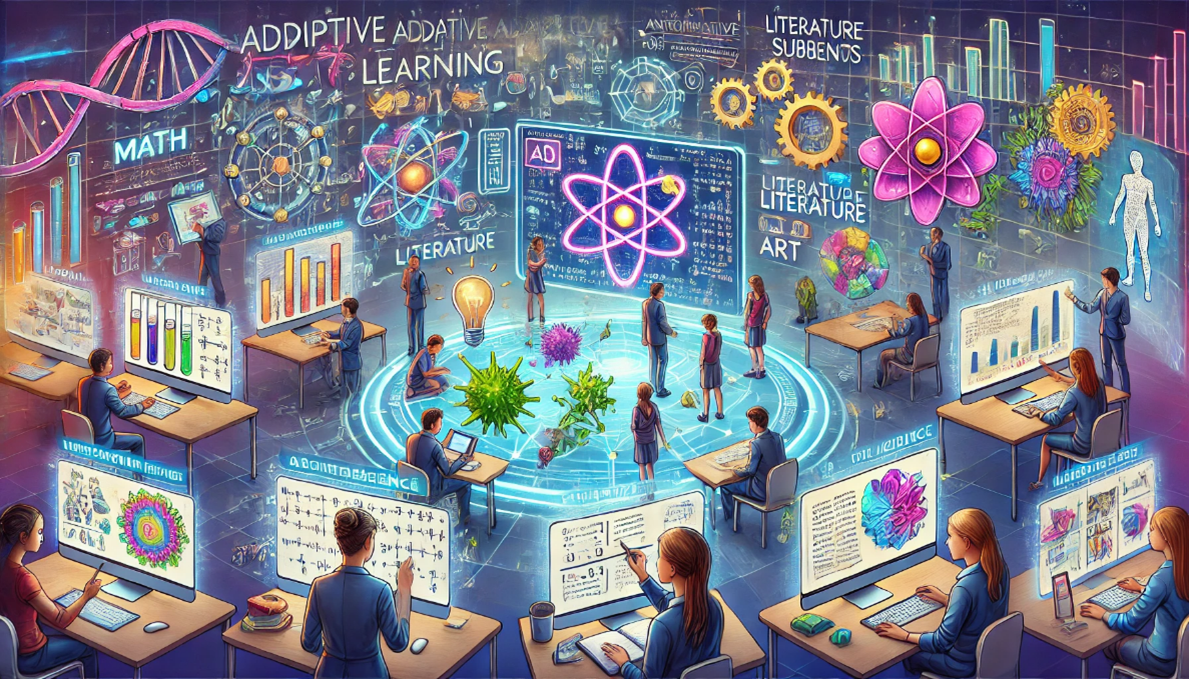 Adaptive learning platforms that personalize education for each student
Adaptive learning platforms that personalize education for each student
Adaptive learning platforms are transforming education by offering personalized learning experiences tailored to the individual needs, strengths, and weaknesses of each student.
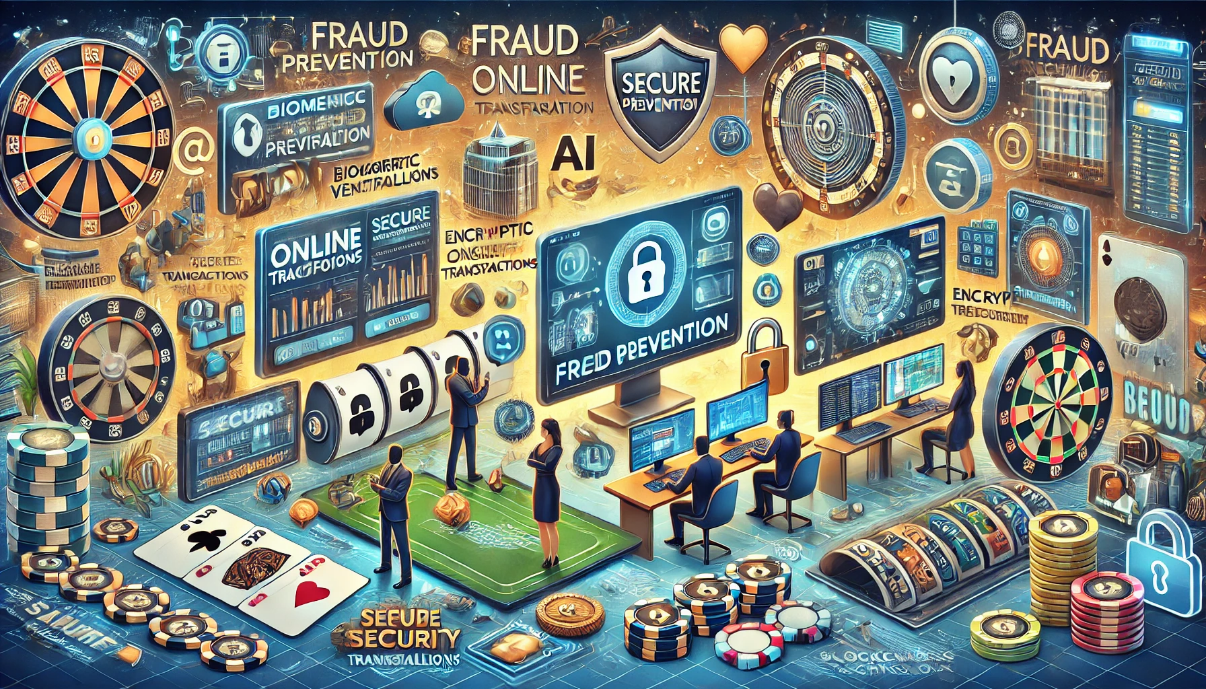 How blockchain ensures transparency and prevents fraud in sports transactions
How blockchain ensures transparency and prevents fraud in sports transactions
Blockchain technology is transforming various industries by providing enhanced transparency, security, and decentralization.
 How custom-designed sports gear is changing the game
How custom-designed sports gear is changing the game
Custom-designed sports gear is revolutionizing the way athletes perform, interact with their equipment, and experience their sports. By leveraging advanced technologies, personalization, and data analytics, custom gear offers athletes enhanced comfort, performance, and protection tailored specifically to their needs.
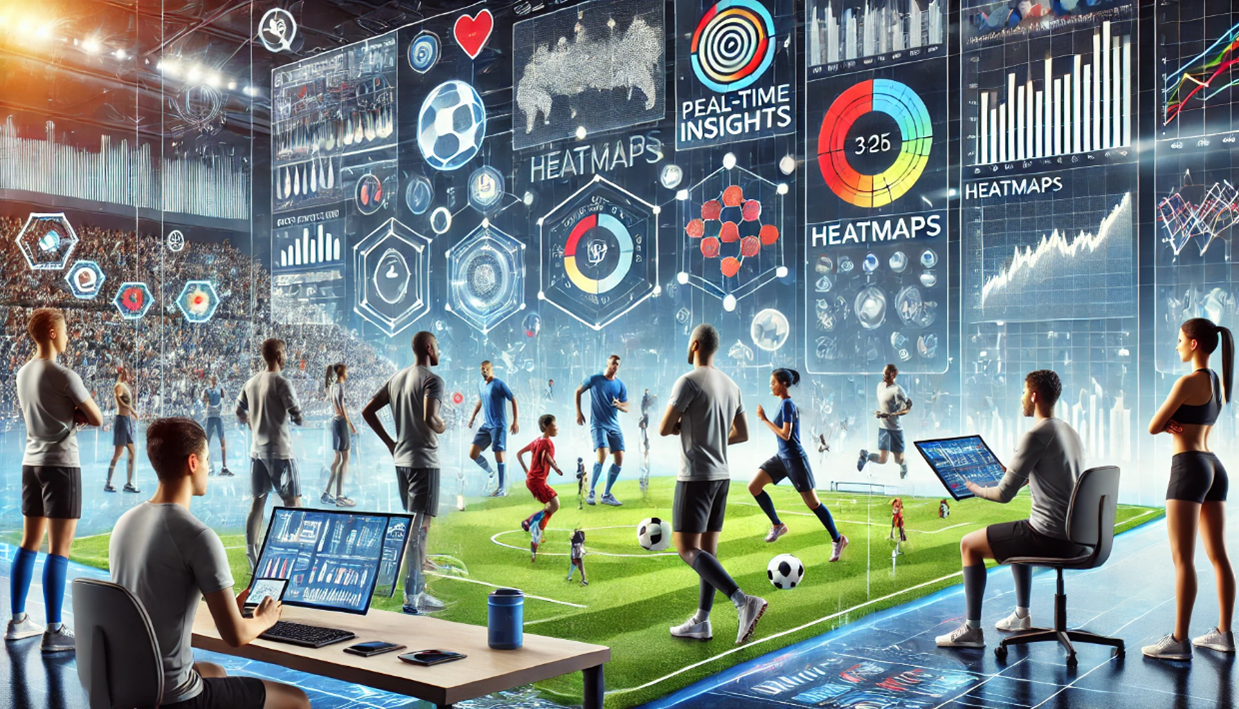 How IoT and smart tech are transforming the fan experience and stadium management
How IoT and smart tech are transforming the fan experience and stadium management
Certainly! Let’s dive deeper into how IoT (Internet of Things) and smart technologies are transforming both the fan experience and stadium management, highlighting specific technologies and their impacts
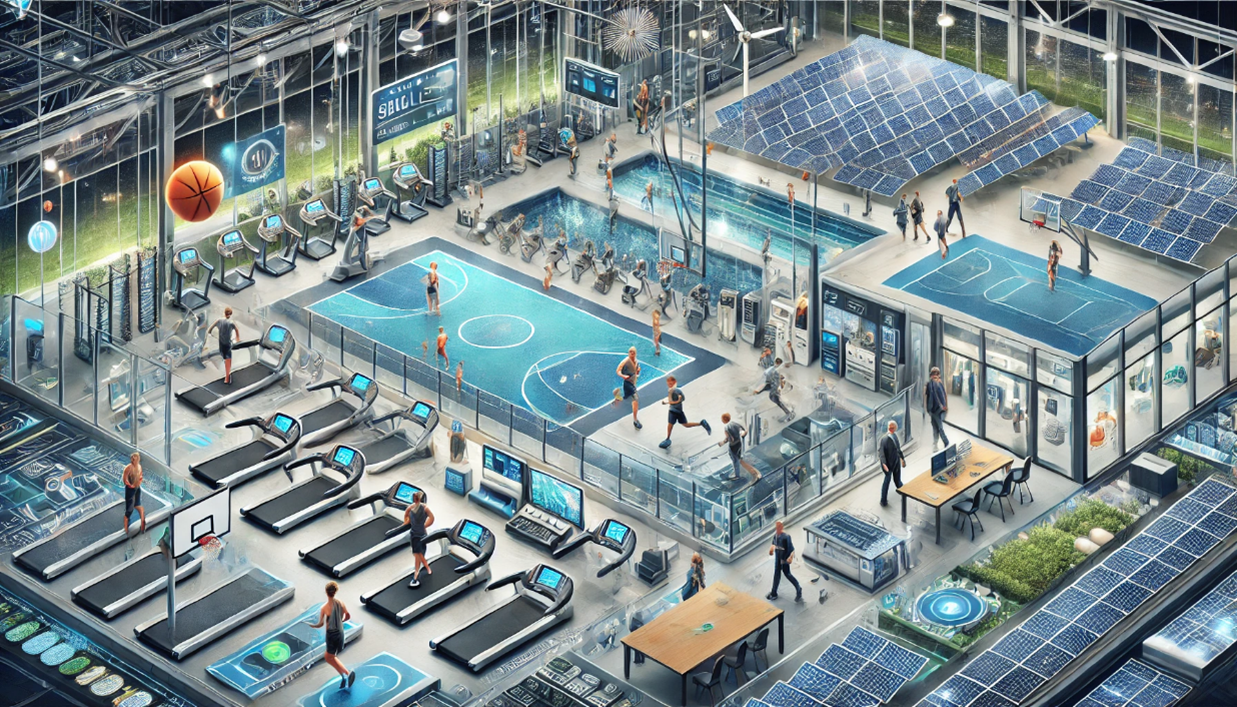 Innovations in creating eco-friendly sports facilities and equipment
Innovations in creating eco-friendly sports facilities and equipment
Innovations in creating eco-friendly sports facilities and equipment are a growing trend in the sports industry, reflecting a shift towards sustainability and environmental responsibility.
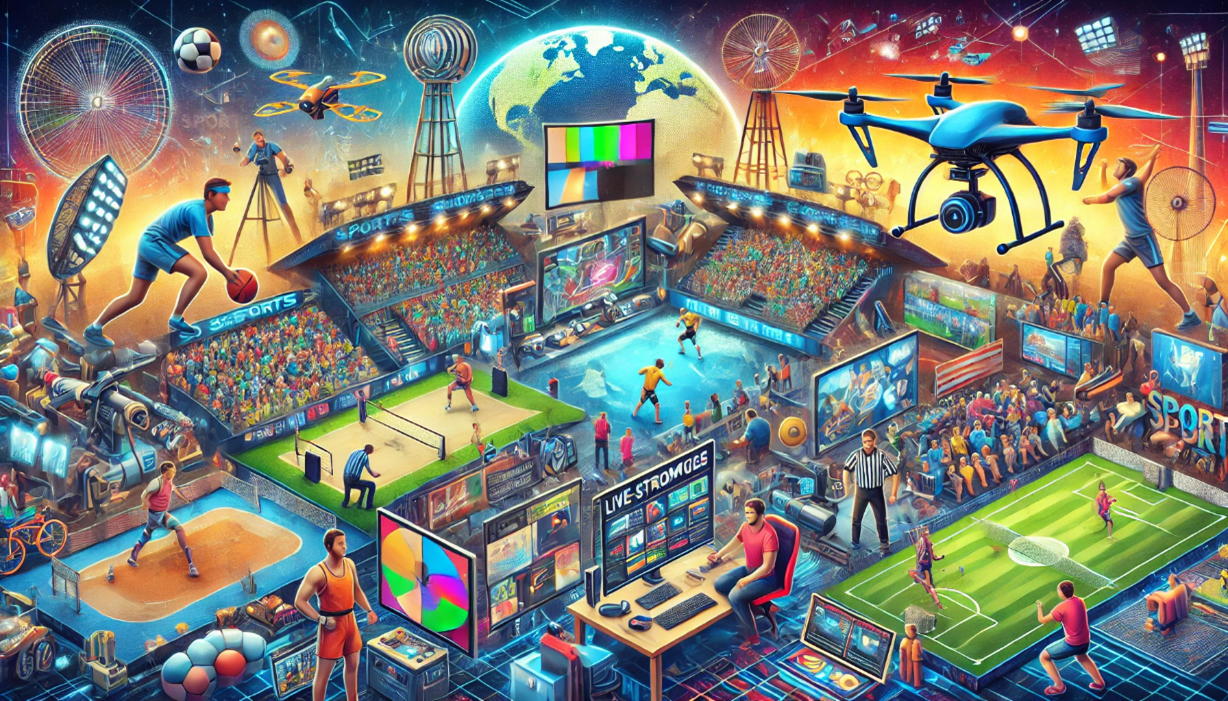 The impact of drones on delivering dynamic, live-action views in sports coverage
The impact of drones on delivering dynamic, live-action views in sports coverage
Drones have significantly transformed the landscape of sports coverage, offering dynamic, live-action views that were previously difficult or impossible to achieve with traditional broadcasting methods.
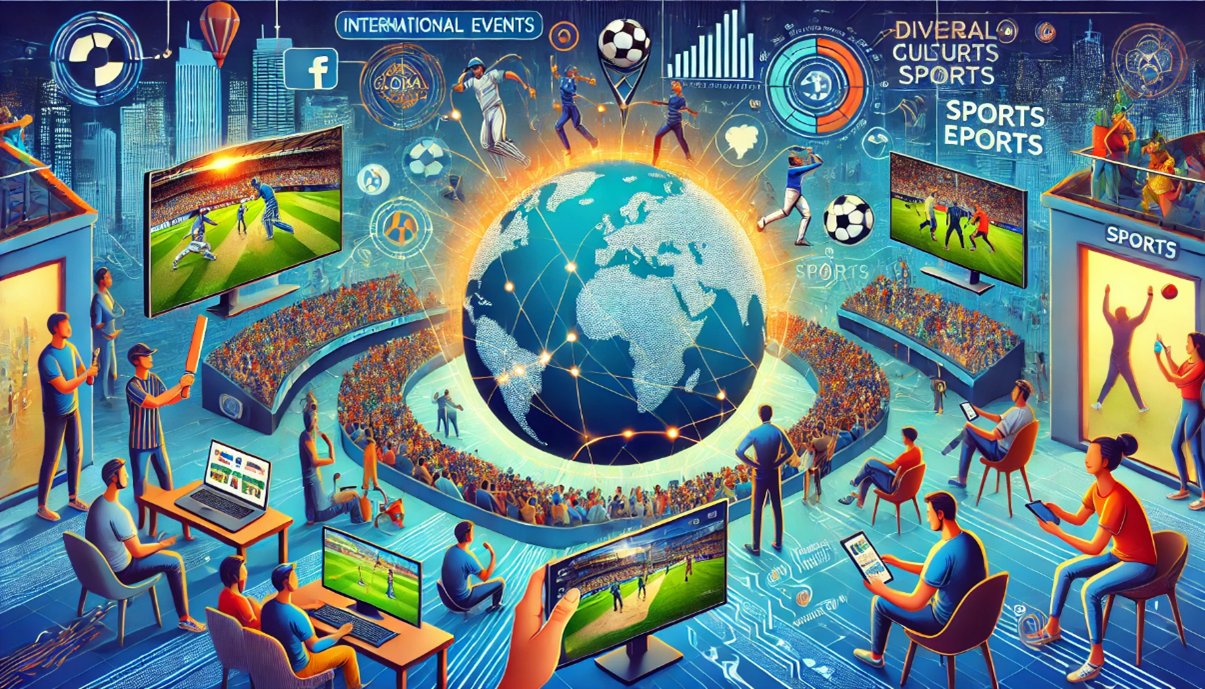 Using VR to offer immersive viewing experiences for fans
Using VR to offer immersive viewing experiences for fans
Virtual Reality (VR) is revolutionizing the way sports fans experience live events by offering immersive, interactive viewing experiences that traditional broadcasting methods cannot match.

